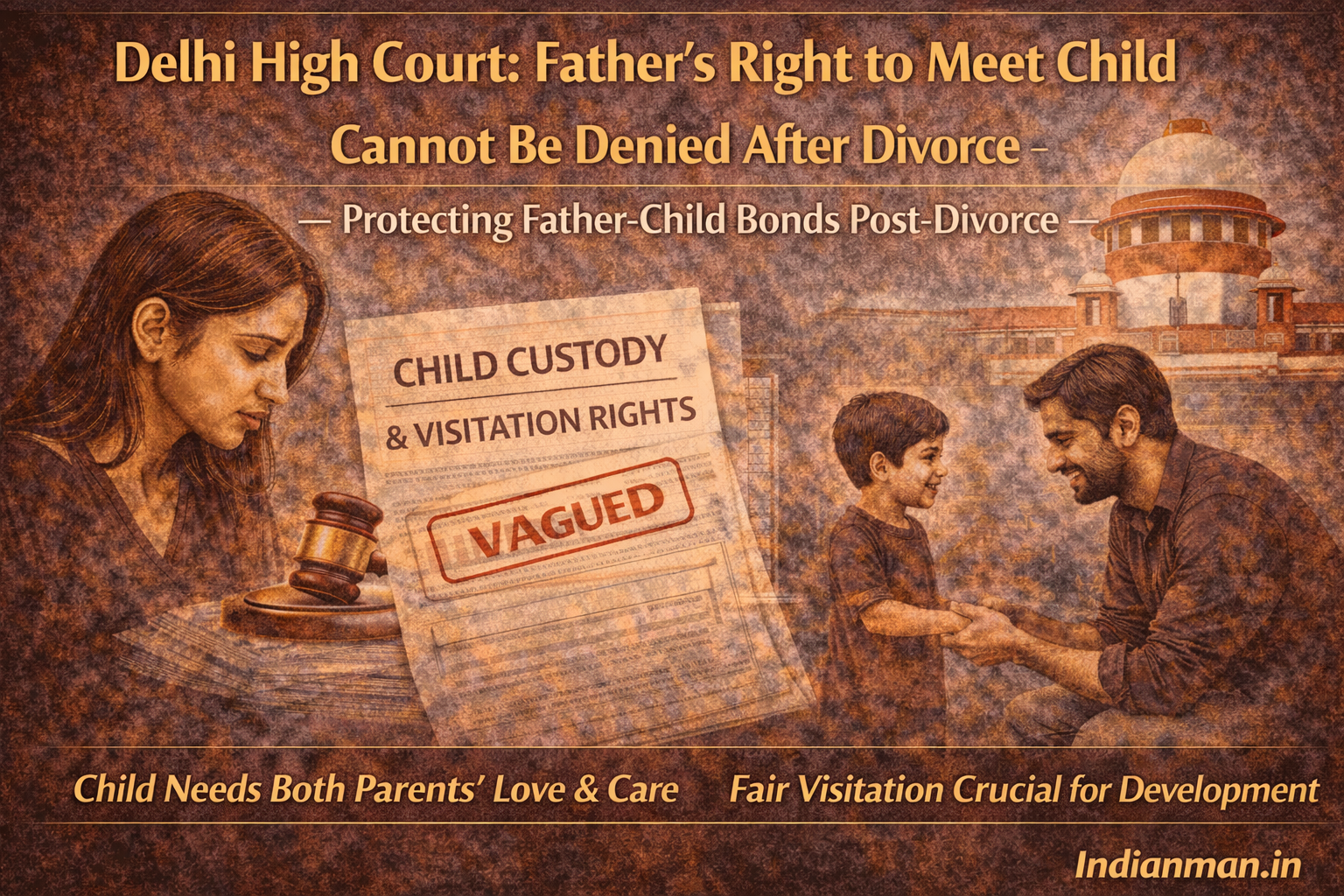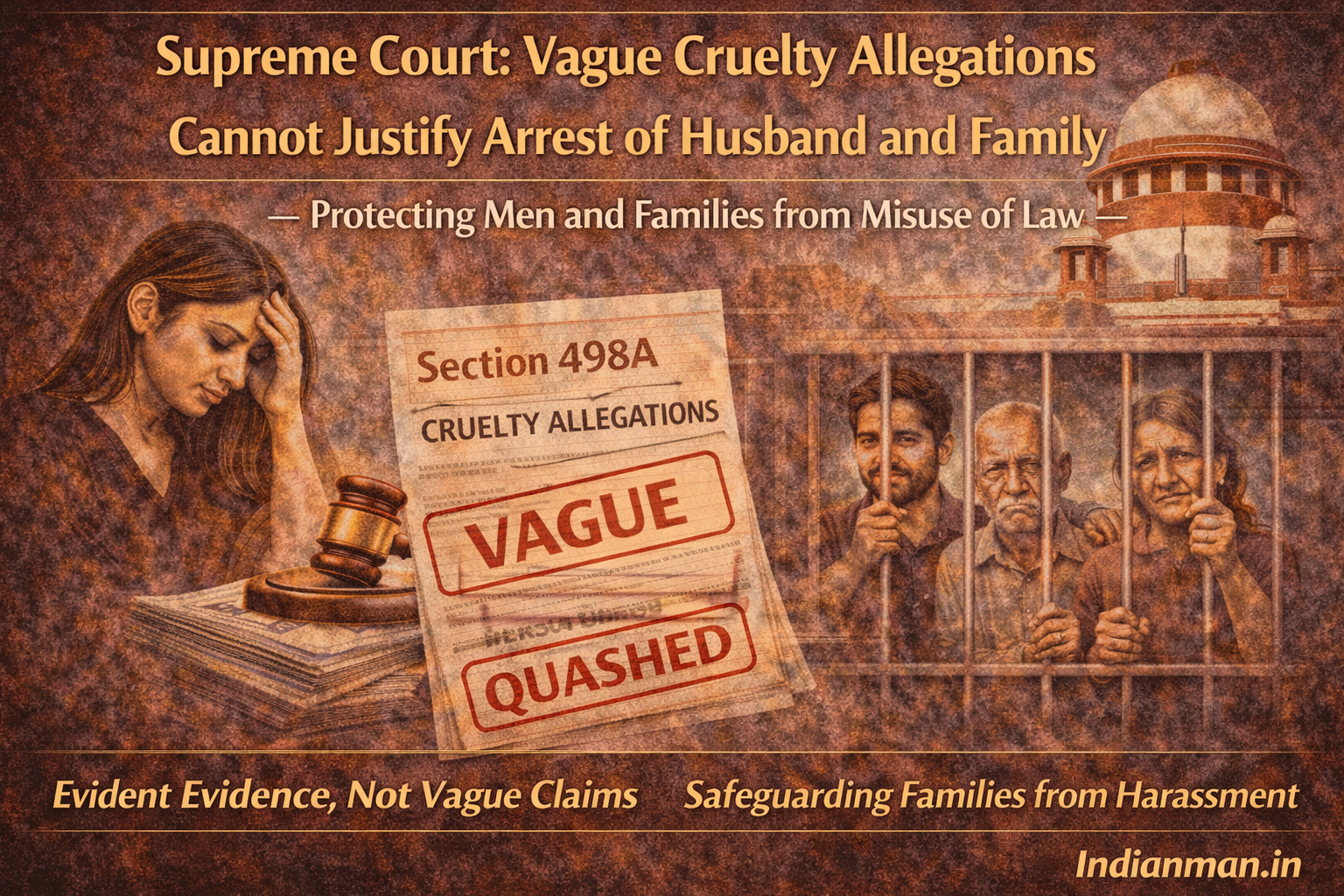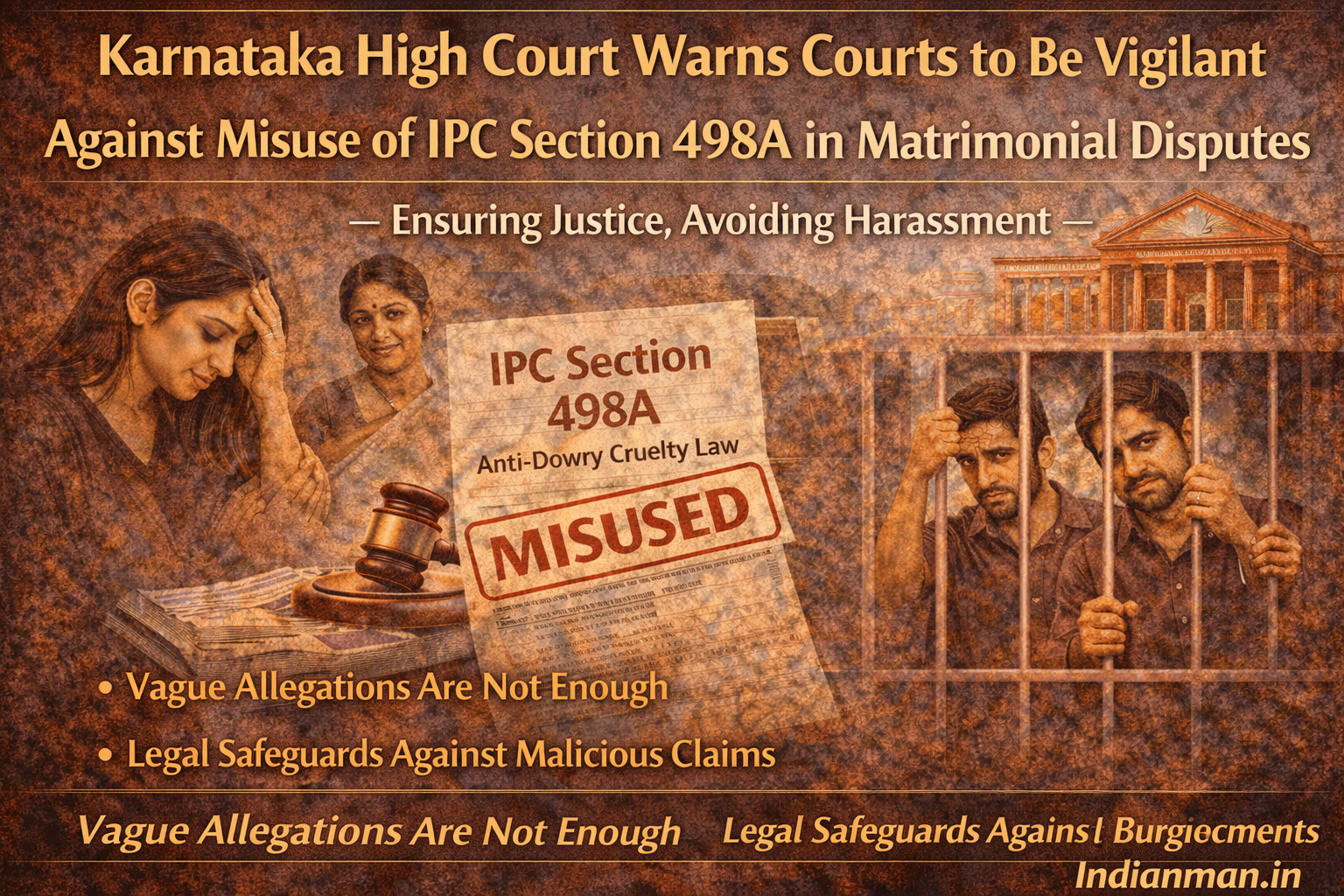Allahabad: The Allahabad High Court has ruled that a woman’s application for relief under the Protection of Women from Domestic Violence (DV) Act) is valid even if her marriage is later declared null and void.
Justice Subhash Vidyarthi stated that if a woman and a man have lived together in a relationship of marriage — whether legally valid or in the nature of marriage — she qualifies as an ‘aggrieved person’ under the DV Act.
The Court was hearing a case where a man challenged his former wife’s DV Act complaint under Section 12, arguing it should be dismissed because their marriage had been annulled.
Case Background
The couple married in 2018. In 2019, the husband filed for divorce, which was granted ex parte in 2021. The marriage was declared null and void under the Hindu Marriage Act because they were sapindas, making the marriage legally prohibited. It was also found that the husband’s consent was obtained by hiding the woman’s mental health condition.
While the woman’s Section 125 CrPC maintenance case was dismissed in 2024 due to the annulment, the civil judge refused to dismiss her DV Act complaint filed in 2021.
Court’s Reasoning
The husband’s lawyer cited a Punjab and Haryana High Court judgment, claiming that DV Act provisions cannot apply once a domestic relationship ends.
However, Justice Vidyarthi noted that the DV Act’s definition of domestic relationship includes not only current but also past relationships, whether through marriage or a relationship in the nature of marriage. The Hindi version of the Act also supports this interpretation.
The Court pointed out that the couple had lived together as husband and wife before the annulment, making their relationship a valid domestic relationship for the purposes of the DV Act.
Final Decision
The High Court concluded that the woman was an ‘aggrieved person’ under the DV Act and could seek relief from the magistrate. The man’s petition under Section 482 CrPC was dismissed.
“Even though the marriage was later declared null and void, it was a relationship in the nature of marriage while it subsisted,” the Court observed.
Case Title: Shashank Pandey And 2 Others v. State of UP
Be a part our social media community:
Facebook: https://www.facebook.com/IndianMan.in?mibextid=ZbWKwL
Instagram:
https://www.instagram.com/indianman.in?igsh=MWZ2N3N0ZmpwM3l3cw==




